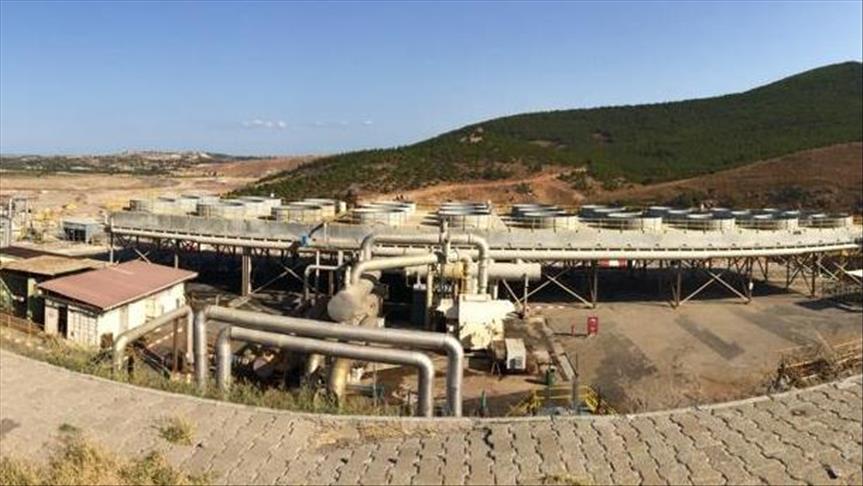The World Bank's board of directors approved two loans worth $300 million to support the development of renewable energy by tapping heat sources deep in the ground as part of the Geothermal Development Project in Turkey, the bank announced on Friday.
The loans are additional financing to two initial loans worth $250 million.
The new loans will help finance electricity generation, capacity drilling and steam-field development, and geothermal direct-use applications.
With the addition of the two new loans, the Geothermal Development Project plans to finance a total of over 380 megawatts (MW) of new geothermal capacity, mobilize about $555 million of private capital, and contribute to the country's climate commitments by preventing about 30 million tons of carbon emissions over the lifetime of the geothermal projects.
According to the announcement, the loans approved on Thursday are complemented by a $39.8 million grant from the Clean Technology Fund (CTF), as well as a $0.35 million grant from the Energy Sector Management Assistance Program (ESMAP).
Renewable energy has seen rapid growth in Turkey over the recent decades, with geothermal power plants providing low-carbon power using underground heat to drive electricity-generating turbines.
The World Bank financing package allows Turkey to scale-up private sector investment by reducing risks for investors through a Risk Sharing Mechanism (RSM).
The RSM increases the incentives for exploring exploitable geothermal resources in well-developed and less developed geothermal regions.
Commenting on the recent loan, Auguste Kouame, the World Bank country director for Turkey, said the bank is pleased to be a partner of Turkey to attract climate-friendly investment and support its energy transition.
"Increasing renewable energy generation capacity is critical to achieving energy security and climate change mitigation in Turkey," Kouame said.
By Gulsen Cagatay
Anadolu Agency
energy@aa.com.tr


